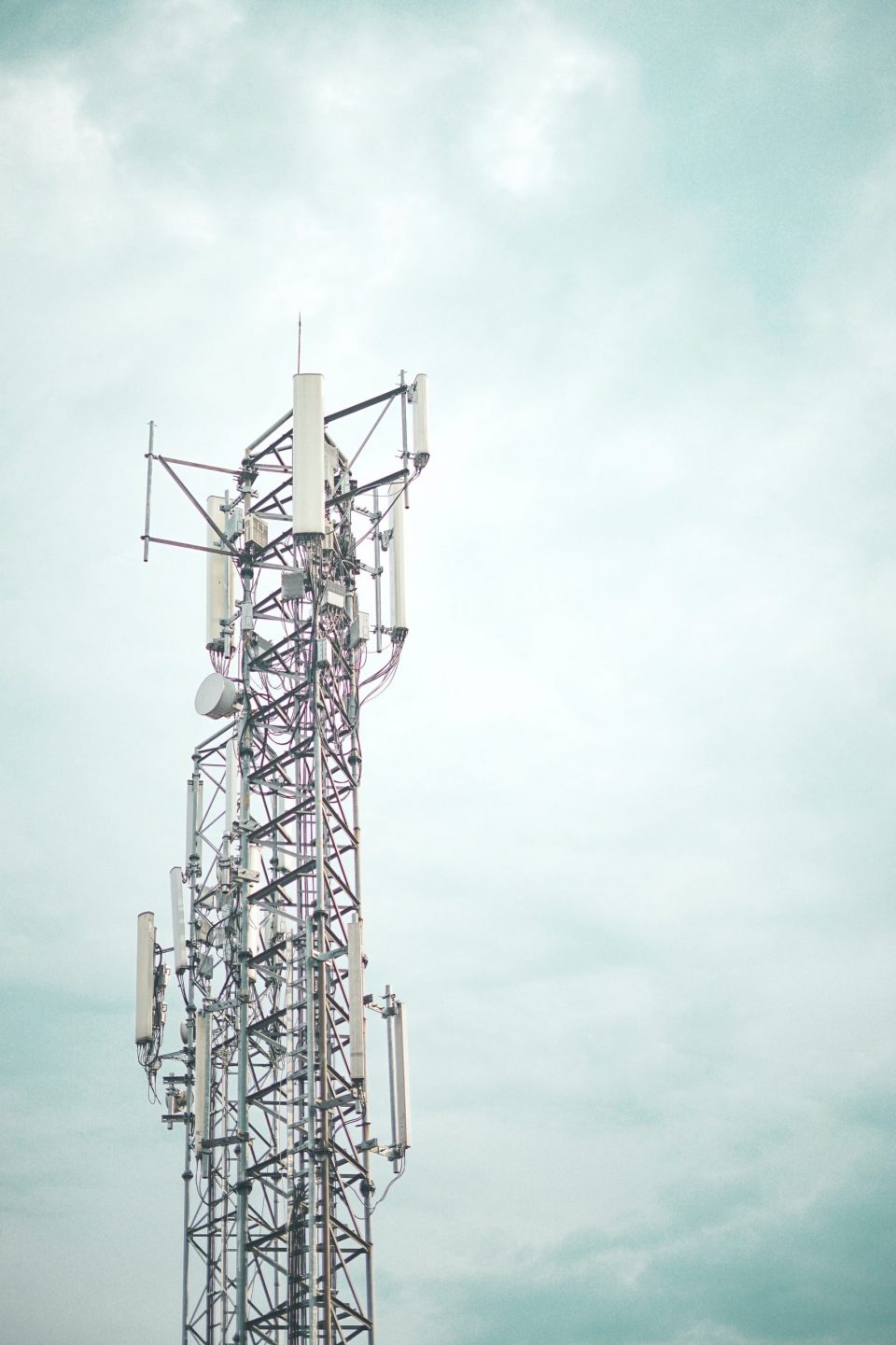BORACAY, Feb 9 — Many Asean dialogue partners are interested to support Malaysia’s nationwide rollout of 5G technology, said Ministry of Communications and Digital secretary-general Datuk Seri Mohammad Mentek.
Speaking to Bernama on the sidelines of the Asean Digital Ministers’ Meeting (ADGMIN), he said while benchmarking of Dialogue Partners is the way forward, Malaysia is not committing towards any Dialogue Partners with regards to 5G Technology.
“Instead, we are looking at the best of all worlds for the benefit of the rakyat (the people). With Digital Nasional Berhad (DNB) incorporated into the Ministry of Communications and Digital, we hope to facilitate a seamless deployment of 5G technology across our nation,” Mohammad said.
As Malaysia transitions to 5G, the National Digital Network (Jendela) programme is being implemented to ensure connectivity.
This, he said, requires a very able infrastructure to be in place and attention to data protection and cyber security.
Asean has established dialogue partnerships with several countries, among others, China, India, Japan, South Korea, the United States and the European Union.
Mohammad had earlier attended the first physical meeting of the 3rd Asean Digital Senior Officials’ Meeting (ADGSOM) where the past two meetings were held virtually. Malaysia was the first country given the honour to host the 1st ADGMIN / ADGSOM in January 2021.
The meeting discussed matters regarding high-level Asean meetings and their decisions which would impact the ADGMIN today, laying the groundwork for reshaping the region’s post-Covid-19 digital landscape, especially in addressing the digital divide.
“Asean member states have their own programmes within their countries to overcome the challenges and the digital divide. There is constant sharing of best practices in the form of policy and implementation. This is a good forum for us to learn from each other.
“In Malaysia, we have our Jendela programme in place. In fact, the pandemic accelerated the digitalisation of most businesses as many were working from home and businesses flourished digitally, the need for connectivity heightened during this time,” he said.
Many measures were taken with the cooperation of telecommunication companies.
“We also have the Pusat Digital Ekonomi Keluarga Malaysia (PEDi) or the Malaysian Family Digital Economy Centres, in almost 1,000 locations across the country to facilitate the rural and suburban areas to connect with each other. There are many success stories with regards to thriving rural businesses,” Mohammad said.
PEDi also provides onboarding opportunities for SMEs (Small and Medium-sized Enterprises) in digital commerce activities.
From May to December 2022, this initiative successfully onboarded 11,220 entrepreneurs into an e-commerce platform which recorded a total of RM27.9 million in sales revenue in eight months with comparative sales revenue in 2022 increasing by 57 per cent as opposed to 2021.
It aims to digitalise traditional businesses and transform them into digital adoption, thus enabling entrepreneurs to reach out to as many consumers as possible
— Bernama





